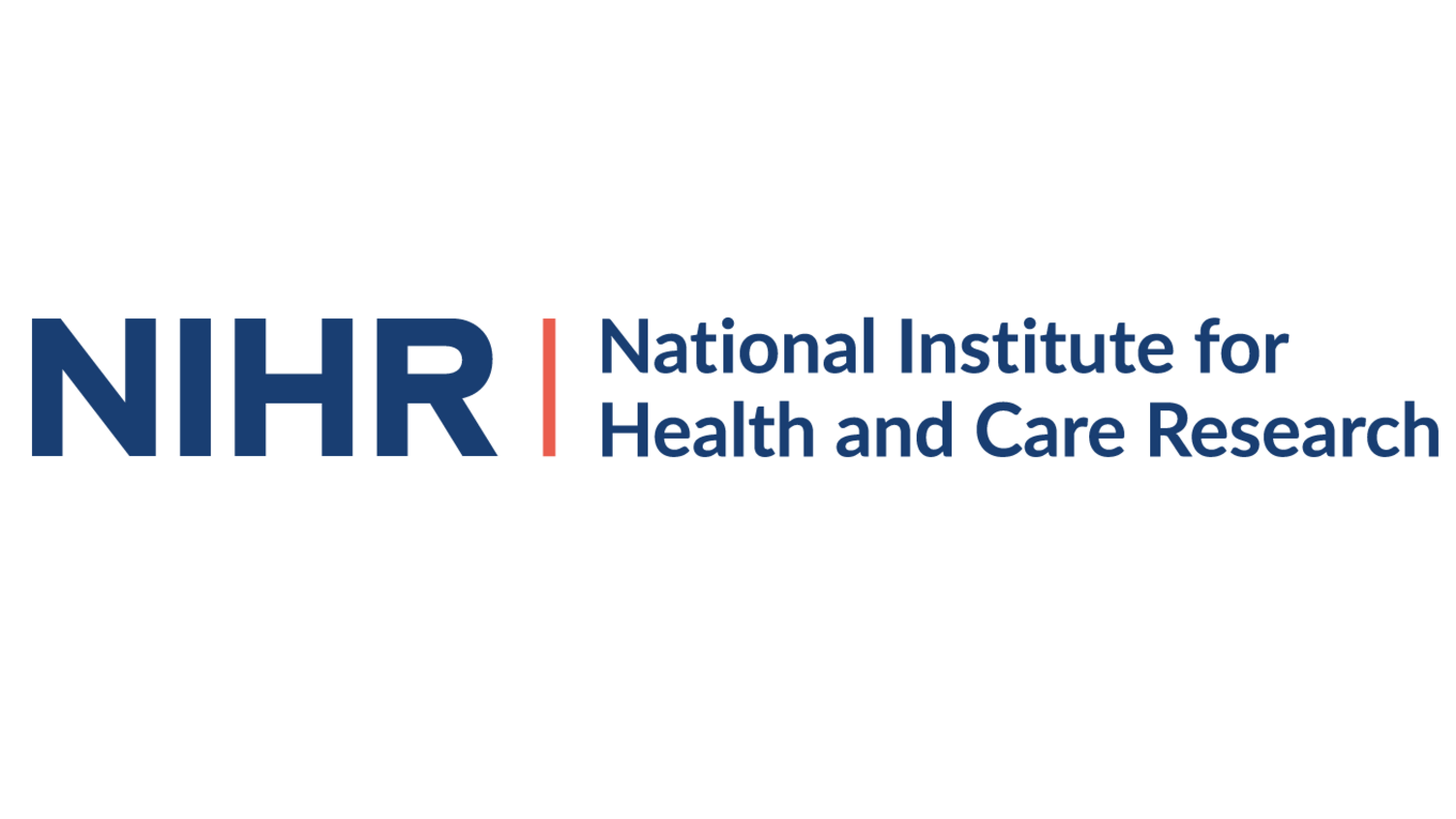Coeliac UK and Innovate UK announce £750k boost to research that unlocks important gluten free challenges highlighted by the PSP
- 20 February 2019
- 2 min read
Coeliac UK, the national charity that led the Coeliac JLA Priority Setting Partnership, has announced funding for research projects in areas highlighted by the PSP, in collaboration with Innovate UK, the UK’s innovation agency.
The £750,000 funding will support projects based in Birmingham, Newcastle and Edinburgh and is part of Innovate UK’s partnership with the third sector on health research projects, bringing direct benefits to both patients and UK businesses.
The three projects reflect the key challenges of living with coeliac disease and a gluten free life:
New test to provide a less invasive way of diagnosing coeliac disease (priority 4 from the PSP)
The average time to gain a coeliac disease diagnosis is 13 years and there are half a million people in the UK undiagnosed – and in the tens of millions worldwide. Nonacus Ltd, working with researchers at the University of Cambridge led by Dr Elizabeth Soilleux, will together develop a test for coeliac disease. Current tests only work if patients are still eating gluten. The new test will rely on a proprietary laboratory test in conjunction with a patented computer algorithm. It aims to develop a coeliac disease test for people who have already adopted a gluten free diet, as well as an improvement on the current method of analysing biopsy samples. This will not only save considerable patient suffering but will also provide savings to the NHS speeding up diagnosis journeys.
Development of three new plant proteins to help improve the ingredients used in gluten free bread (priority 6 from the PSP)
To improve gluten free bread by developing revolutionary new ingredients. Nandi Proteins Ltd, Genius Foods, AB Mauri, and Agrii, will join researchers at Heriot Watt University to develop three kinds of new plant proteins. The proteins will be derived from crops which are underused in the UK: rapeseed cake, faba beans and naked oats. These new ingredients could replace the expensive egg and dairy based ingredients currently used, improve the nutrient profile, taste and texture of gluten free bread and reduce the need for E number additives. Development of these new ingredients will also open up new markets for UK grown crops and add value to the UK economy. Overall consumers could see cheaper and better quality gluten free products.
Software innovation to help in the ongoing management of coeliac disease (priorities 2 and 6 from the PSP)
Cievert Ltd will be developing software that will better manage coeliac disease. Working with leading researchers from Sheffield University, the goal is to find patients with coeliac disease that need more support, compared to those who are living well. The software, when developed, will let people receive the assurance of being clinically followed up without the inconvenience, time and cost of hospital appointments. Whilst those who need additional care will be identified quickly and easily so that they can access crucial support when they need it most. This could be technology that is applied to other conditions in the future resulting in substantial savings for the NHS.


